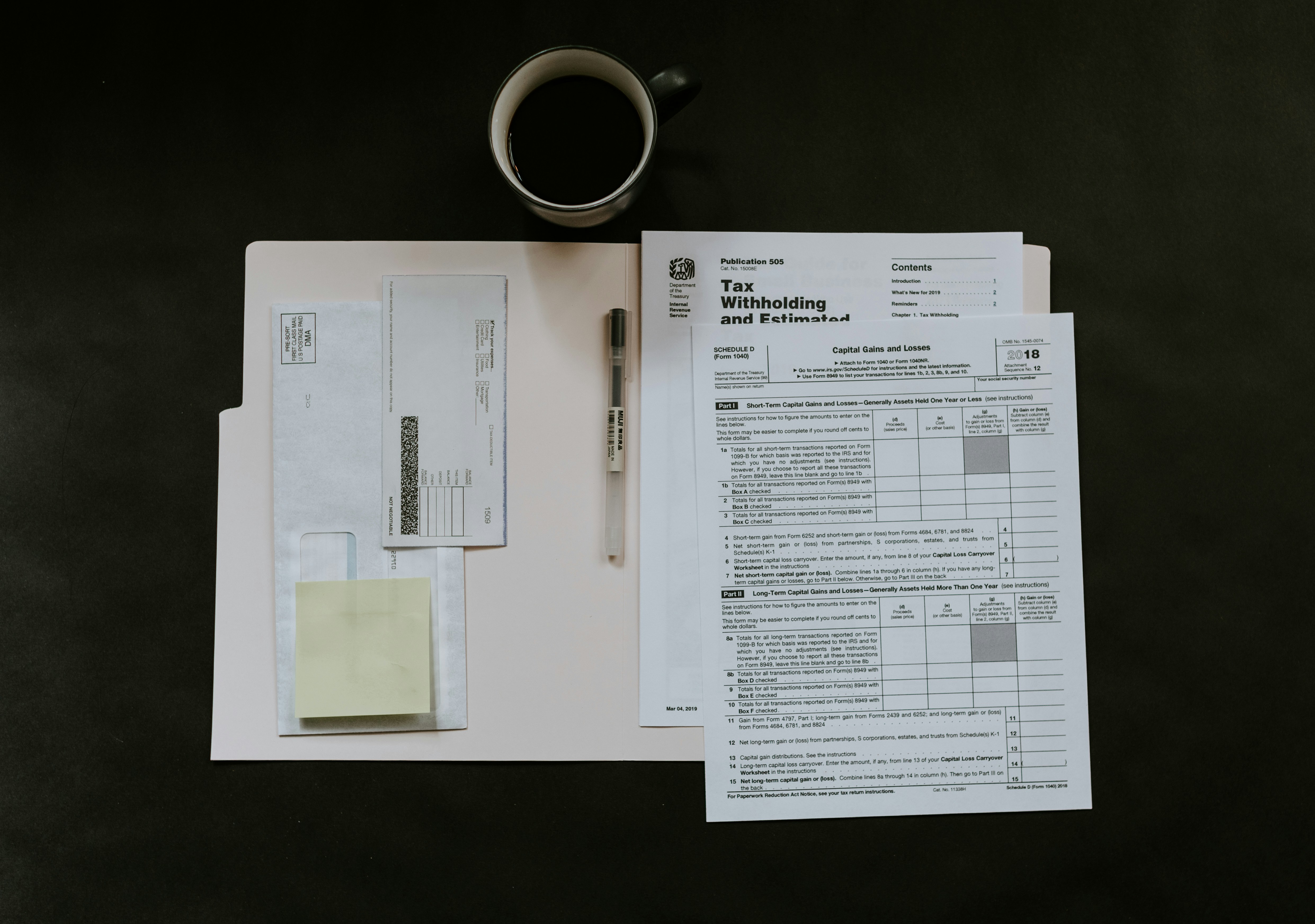Whatever the reason for juggling an assortment of projects, it’s easy to start feeling overwhelmed by managing related phone numbers, schedules, and financial information. Whether you’re dealing with multiple projects at home, at work, in your personal life, or some combination of these, staying organized, managing your budget, and coordinating with other the project managers involved will ensure you can keep all of your metaphorical plates spinning—and let you succeed with all of your projects on-time and with minimal stress.
Begin with a balanced budget.

Regardless of whether you’re already knee-deep in your projects or are just starting, you’ll be best able to manage multiple financial projects if your initial finances are in order. Especially if you’re drawing from your personal funds for these projects, spend some time with any estimates and projections for each endeavor to make sure you’ll have enough to cover the costs. Double-check any set payment dates to ensure you’ll have the money in your account and ready to avoid overdraft fees and other complications. No matter how important your projects, you don’t want to compromise your financial security as a result.
Factor in your existing expenses.

You’ve lined up spreadsheets and budgets with the costs of each project, but don’t forget the other expenses that will come up during this timeframe. Will you be purchasing or paying for life insurance on the same day you need to pay a contractor or order supplies? Some overlap is inevitable but, by looking ahead and knowing when these expenses will occur, you can manage your always-important purchases and payments, like life insurance and other costs of living, with the additional expenses brought up by these projects.
Coordinate Timelines

If you’re juggling multiple projects, it’s easy to confuse dates and times or miss a meeting. Take the time to schedule your workload, writing out each milestone or contact point through each project’s process in a planner or calendar. Whether it’s setting up event alerts on your cellphone or hanging a dry-erase board of critical dates on your office wall, you won’t need to worry about missing a phone call from your co-project manager, insurance agent, contractor, spouse, or other important people—you’ll just have to remember to check your calendar regularly.
Keep track of it all.

As much as possible, separate any receipts, documentation, and the personal information associated with different projects. Keep any contracts, details, or receipts in distinct files, preferably labeling them to know which is which at a glance. If a purchase is eligible for reimbursement or is tax-deductible, be sure to save a copy of your receipt in that file. Stay organized from the start and you’ll be able to pull up your life insurance policy, necessary spreadsheets, or other insights into your projects in the time it takes to blink, saving time and stress along the way.
Communicate with the experts.

Times where you’re managing multiple financial projects, especially across different sectors of your life, provide an important example of why it’s important to identify unknown callers. You don’t want to assume an incoming call from someone on your project team is a spam call because the number isn’t saved in your contact list! Keep a list of any important phone numbers, email addresses, and other contact information for the people involved with your projects, and stay in touch frequently so everyone is aware of any changes to your timeline, budget, or other details.
When your project schedule and the costs that come along with it are coming at you all at once, the best way to stay on track with every different project is to time the workload with each project plan in mind—not to your whole life otherwise—and stay organized along the way. By keeping your documentation and project schedules organized and communicating with any family members, hired professionals, or other project managers involved, you can proceed with peace of mind knowing you’ll meet all of your deadlines with success.












